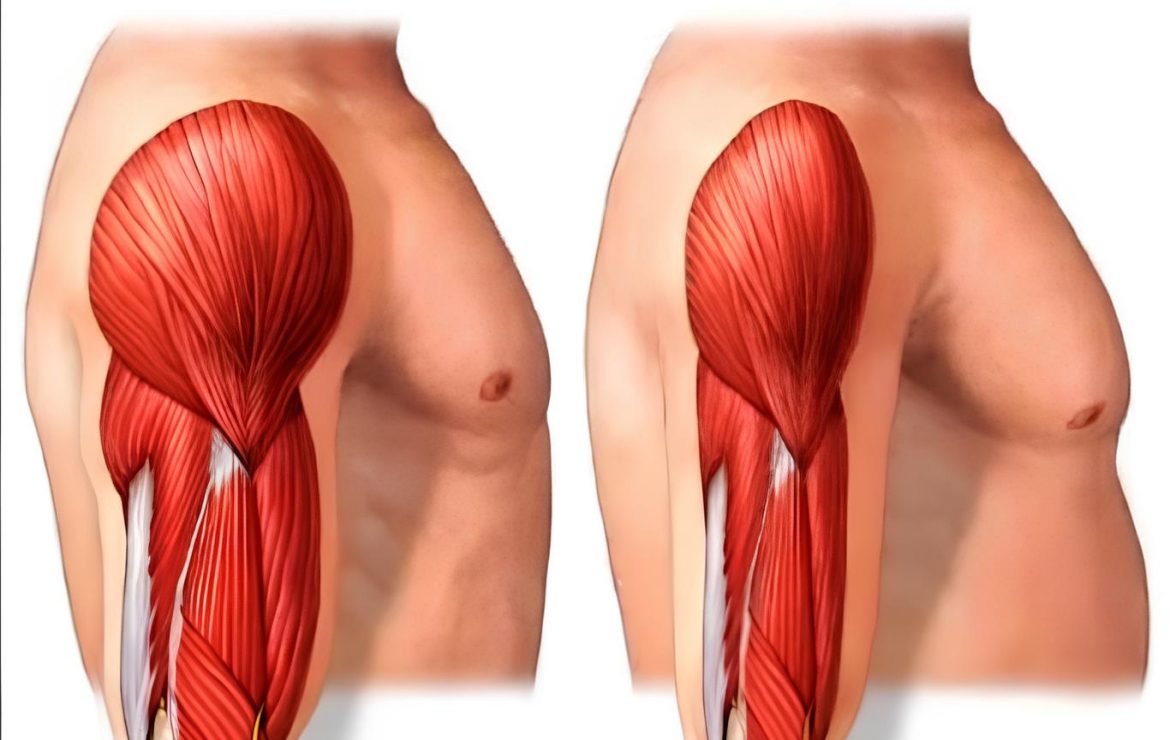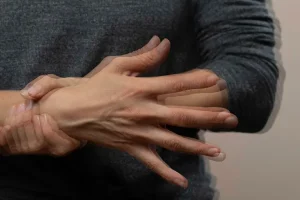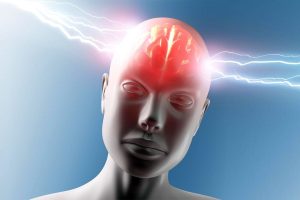Kas hastalıkları ya da halk arasındaki kas erimelerinin belirtileri nelerdir? Tanıları nasıl konulur ?

Kas hastalıkları ya da halk arasındaki kas erimelerinin belirtileri nelerdir? Tanıları nasıl konulur ?
Muscle diseases, also known in the public domain as muscle wasting, typically refer to a range of conditions that are progressive and often linked to genetic factors. These conditions can lead to a decrease in muscle strength and mass, limited mobility, and various health issues. Dr. Mustafa Zafer Demirtaş, a prominent neurology specialist based in Alanya, is a significant resource in the diagnosis and treatment of muscle diseases. This article will address the symptoms of muscle diseases, diagnostic methods, and their importance.
Symptoms of Muscle Diseases
The symptoms of muscle diseases can vary depending on the type of disease, its severity, and the rate of progression. However, some common symptoms that can be observed include:
- Muscle Weakness: Can be seen in various parts of the body and affect daily activities.
- Muscle Loss (Atrophy): A visible reduction in muscle mass occurs.
- Muscle Cramps and Stiffness: Painful cramps and stiffness in muscles, especially in the legs, can develop.
- Fatigue: Even mild physical effort can lead to a significant feeling of fatigue.
- Balance and Coordination Problems: Issues related to balance and coordination, such as difficulty walking, may be experienced.
- Difficulty Breathing and Swallowing: In advanced cases, the muscles involved in breathing and swallowing may be affected.
Diagnostic Methods
The diagnosis of muscle diseases typically involves a comprehensive evaluation process that includes the following steps:
- Medical History and Physical Examination: Dr. Mustafa Zafer Demirtaş thoroughly reviews the patient’s medical history and conducts a physical examination to evaluate the symptoms.
- Blood Tests: Blood tests may be performed to measure levels of muscle enzymes. High enzyme levels can be an indicator of muscle damage.
- Electromyography (EMG): An EMG test is used to measure the electrical activity of muscles and nerves.
- Muscle Biopsy: To confirm the diagnosis, a small sample of the affected muscle tissue can be taken and examined under a microscope.
- Genetic Testing: Since many muscle diseases are genetic, genetic tests can help determine the cause of the disease.
- Imaging Tests: Imaging tests such as MRI can be used to detect abnormalities in muscles and surrounding tissues.
Early diagnosis of muscle diseases is crucial in establishing an effective treatment plan and slowing the progression of the disease. As an expert neurologist specializing in muscle diseases, Dr. Mustafa Zafer Demirtaş offers comprehensive care and treatment options to his patients. A multidisciplinary approach is important in combating muscle diseases, and various treatment methods such as physical therapy, medication, and, if necessary, surgical intervention can be applied.







